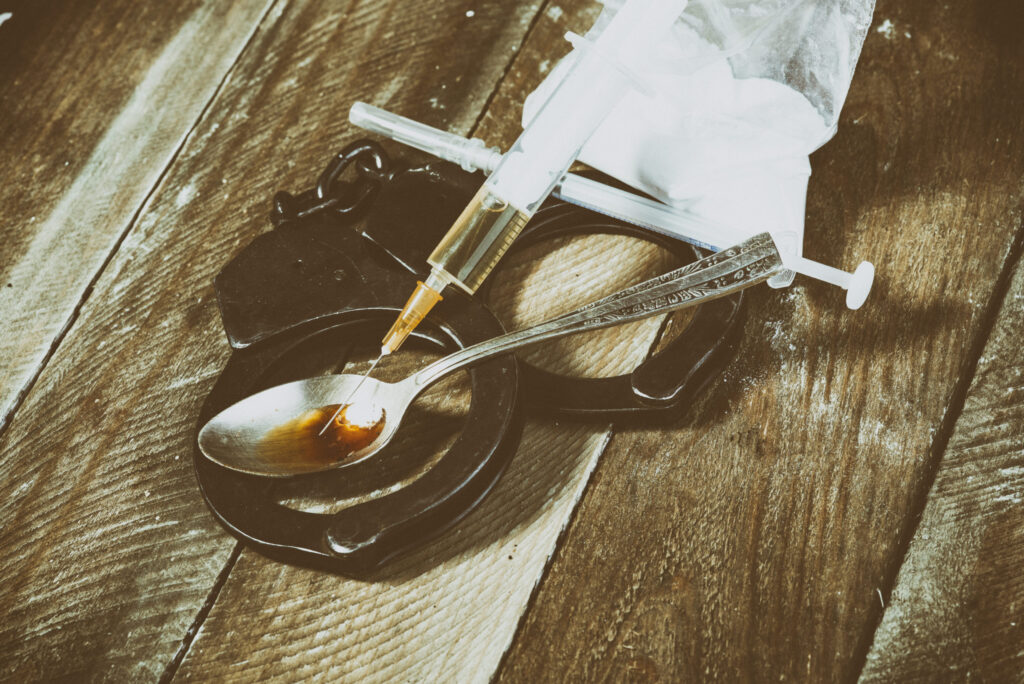What Are the Signs of Heroin Addiction?
People who struggle with addiction may not always be open about their drug use. In fact, they may be completely unaware of how things have spiraled out of control. Addiction to heroin is a severe substance use disorder that is frequently characterized by a strong psychological and physical dependence. It might be challenging for a […]
What Are the Signs of Heroin Addiction? Read More »
